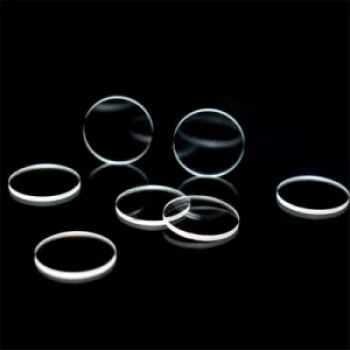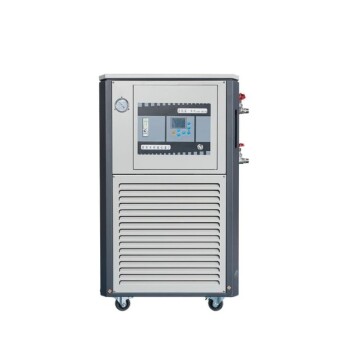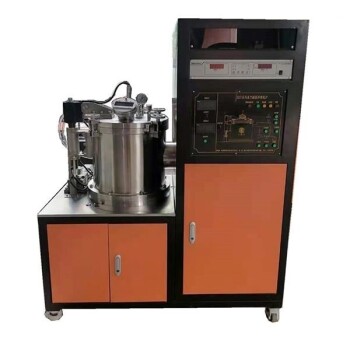A vacuum pump is a versatile tool with applications extending far beyond its primary use of creating a vacuum. In addition to its role in processes like the vacuum hot press, it is widely used in industries such as manufacturing, research, and environmental protection. From aiding in material bonding and flattening to supporting advanced scientific techniques like XRF and ALD, vacuum pumps are essential for maintaining controlled environments, enhancing production efficiency, and ensuring high-quality outcomes. Their adaptability makes them indispensable in fields ranging from automotive and aerospace to electronics and renewable energy.
Key Points Explained:

-
Material Processing and Bonding:
- Vacuum pumps are crucial in processes like cold pressing, where they help create a controlled environment for flattening, bonding, and veneering materials such as wood, plastics, and composites. This ensures high production efficiency and excellent quality in industries like furniture manufacturing, decoration, and plywood production.
-
Advanced Manufacturing Techniques:
- In industries like aerospace and automotive, vacuum pumps support hydraulic presses used for metal forming, forging, and molding. They are also integral to processes like carbon fiber molding and glass mat transfer (GMT), where precise pressure and vacuum conditions are required for optimal results.
-
Scientific Research and Quality Control:
- Vacuum pumps play a key role in analytical techniques such as X-ray fluorescence (XRF), which is used for quality control, research, and environmental protection. By maintaining a vacuum, they enable accurate determination of elemental content and distribution in samples, supporting both scientific and industrial applications.
-
Thin Film Deposition and Electronics:
- In the electronics industry, vacuum pumps are essential for processes like atomic layer deposition (ALD) and low-pressure chemical vapor deposition (LPCVD). These techniques are used to produce thin films for applications such as OLEDs, solar cells, and semiconductor devices, ensuring high precision and performance.
-
Energy and Fuel Cell Applications:
- Vacuum pumps are used in the development and testing of galvanic cells and fuel cells, which power devices ranging from watches and laptops to automotive engines. They help create the necessary conditions for efficient energy conversion and storage.
-
Automotive and Industrial Sealing:
- In the automotive industry, vacuum pumps are used in the production of components like PTFE seals, gaskets, and fuel hose linings. These materials require precise manufacturing conditions, which vacuum pumps help achieve, ensuring durability and reliability.
By understanding these diverse applications, it becomes clear that vacuum pumps are indispensable tools across a wide range of industries, enabling innovation, efficiency, and quality in both everyday and cutting-edge processes.
Summary Table:
| Application | Industry/Use Case |
|---|---|
| Material Processing & Bonding | Furniture, decoration, plywood production |
| Advanced Manufacturing | Aerospace, automotive (metal forming, carbon fiber molding, GMT) |
| Scientific Research & Quality Control | XRF for quality control, environmental protection |
| Thin Film Deposition & Electronics | OLEDs, solar cells, semiconductor devices (ALD, LPCVD) |
| Energy & Fuel Cells | Galvanic cells, fuel cells for watches, laptops, automotive engines |
| Automotive & Industrial Sealing | PTFE seals, gaskets, fuel hose linings |
Unlock the full potential of vacuum pumps for your industry—contact our experts today!












